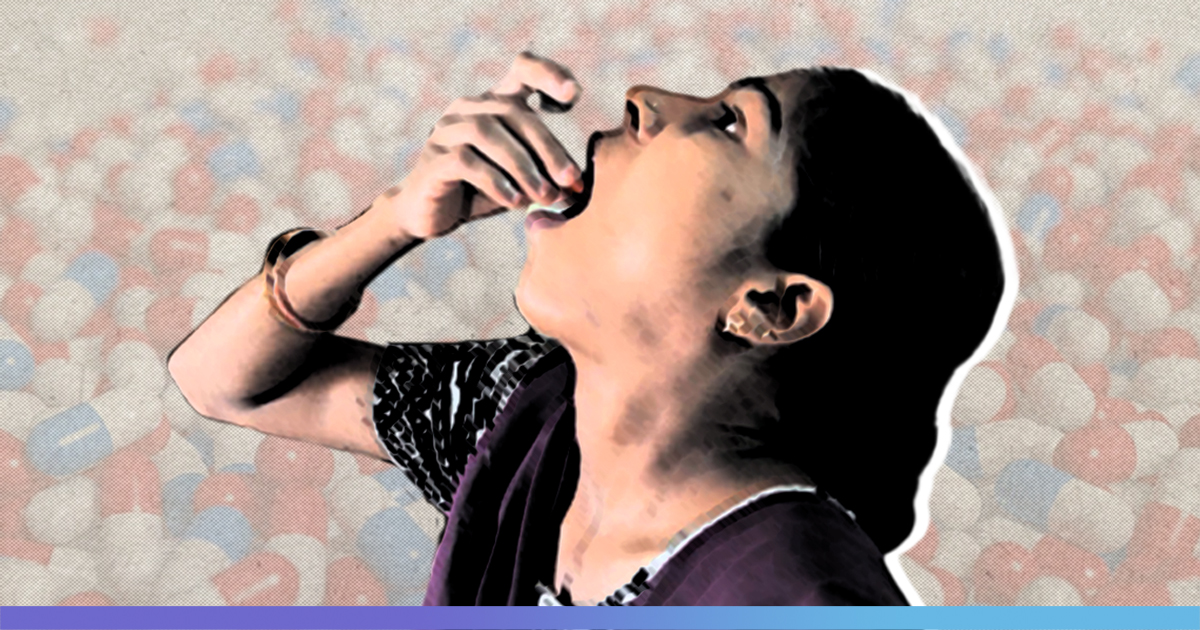Unchecked use of antibiotics, which leads to the rise of more drug-resistant diseases could cause 10 million deaths each year by 2050. The United Nation Ad Hoc Interagency Coordinating Group (IACG) on Antimicrobial Resistance in its report released on April 30 warned that if no action is taken, it can cause severe damage to the economy akin to the situation caused during the 2008-2009 era global financial crisis.
What does the report say?
Furthermore, the report stated that by 2030, antimicrobial resistance could push up to 24 million people into extreme poverty. The report has stated that common and seemingly treatable diseases like tuberculosis are becoming untreatable while lifesaving medical procedures like surgeries now carry an increased risk due to “alarming levels” of resistance to antimicrobial drugs.
The report to the United Nations also states that Drug-resistant diseases cause at least 700,000 deaths globally a year, including 230,000 deaths from multidrug-resistant tuberculosis. According to The Hindu, Amina Mohammed, UN deputy secretary-general said, “Antimicrobial resistance is one of the greatest threats we face as a global community. This report reflects the depth and scope of the response needed to curb its rise and protect a century of progress in health.”
The report also stated that the world is already feeling the economic and health consequences of important medicines failing to work and without a global action surrounding investments in all income brackets, the future generations will face the disastrous impacts of antimicrobial drugs.
The agency has reportedly recommended that countries prioritize national action plans to ensure ethical and more responsible use of antimicrobials by professionals in human, animal and plant health. However, this is not the first time that a report is highlighting the overuse of antibiotics.
A growing threat
A recent study conducted by the Center for Disease Dynamics, Economics & Policy (CDDEP) in the US has found globally, unchecked use of antibiotics and poor antimicrobial supervision not only lead to treatment failure but also propagate the spread of drug resistance. This, in turn, narrows down the available array of effective drugs. Moreover, since the 1960s, Research and development for new antimicrobial, vaccines, and diagnostic tests have slowed down since low sales have reduced the profitability when it comes to investments. The induction of low-cost generic drugs has further posed as a contributing factor to the slump in research and development.
What is antibiotic resistance?
Antimicrobial agents (such as antibiotics, antivirals and antimalarials) are used to treat infections caused by a variety of microorganisms (like bacteria, viruses, and some parasites). These magic bullets act specifically against the microorganisms causing no harm to the host tissues and cells. However, microorganisms develop ways to outshine these agents by developing resistance against them. Antibiotics, introduced in the 1940s are used to prevent and treat bacterial infections. Bacteria have evolved or acquired strategies to overcome the effect of antibiotics leading to the rise in the numbers of multidrug-resistant (resistant to more than two antibiotic classes), extreme drug resistant (resistant to all but one or two antibiotic classes) and pan drug-resistant (resistant to all antibiotic classes) bacterial pathogens. It was long ago when people died of untreatable bacterial infections; however, the situation today, needs urgent action to prevent the prospect of returning to a world in which common infections and minor injuries can once again kill.
Antibiotic resistance is a matter of serious concern in developing nations, including India, where the burden of infectious disease is high and healthcare spending is pitifully low, standing at merely 1.2% of the GDP. The country has one of the highest bacterial disease burdens in the world.
Also Read: All About Antibiotic Resistance: Is India Heading To The Point Where No Drugs Will Work?











